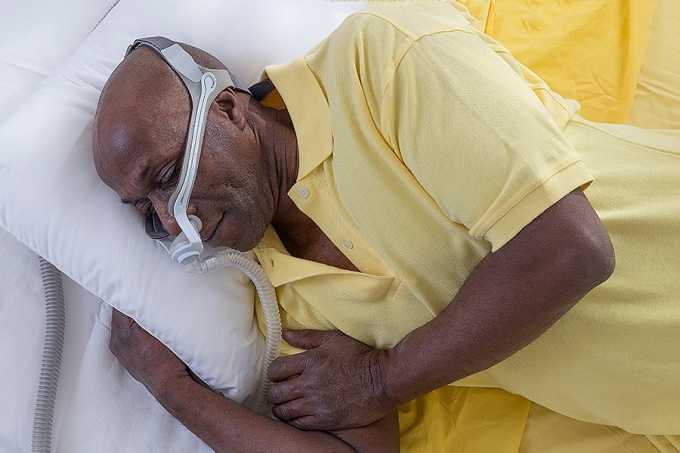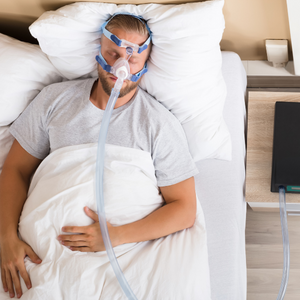Treating Sleep Apnea Can Improve Memory In People With Cognitive Decline
Disrupted sleep may increase the risk of dementia, according to growing data.
A recent study from the University of Sydney shows that treating sleep apnea in older persons with mild cognitive impairment can enhance memory in the short term, but not other areas of cognition.
Because there is currently no therapy or cure for dementia, researchers are concentrating their efforts on finding new ways to halt its growth.
Sleep apnea has been linked to a 26% rise in the development of cognitive impairment, as well as higher levels of beta-amyloid in the brain, according to studies.
Beta-amyloid, one of the important proteins in the development of Alzheimer’s disease, is one of the toxins found in the brain. Sleep disruption may interrupt this cleaning mechanism, resulting in increased beta-amyloid deposition in the brain.
The experiment investigated the effects of CPAP treatment against no treatment on memory and cognitive skills. This was a crossover study, which meant that each participant received both CPAP and no therapy at separate periods throughout the experiment. Some started with CPAP and later switched.
Others were given no treatment at first, then switched. Participants were helped to get started with the therapy by trained staff, and after three months, they were put through a battery of cognitive tests.
The researchers discovered that, as compared to not treating sleep apnea, CPAP did not improve thinking skills, but it did improve memory.
This shows that treating sleep apnea could enhance short-term outcomes, but it’s unclear if it would have any effect on long-term cognitive loss.
Read more on The Conversation








